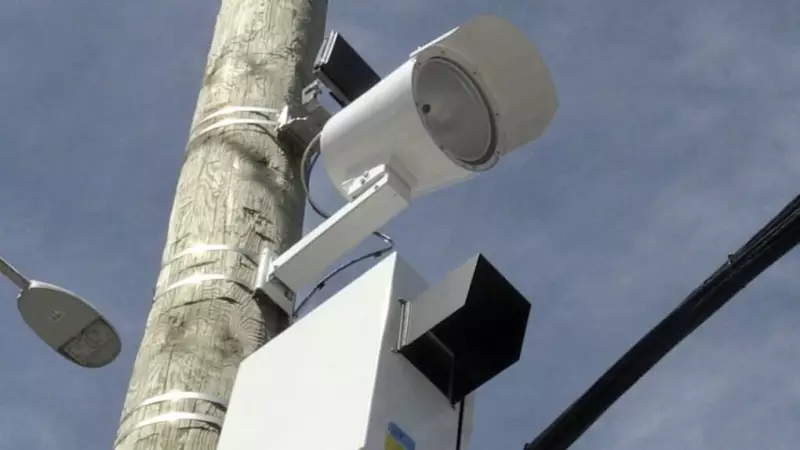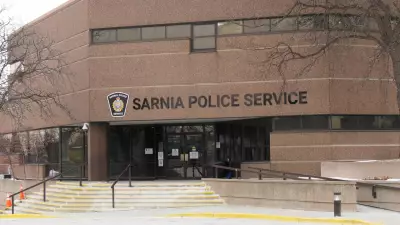
Barrie Speed Enforcement Program Comes to an End
The city of Barrie has officially deactivated its automated speed enforcement cameras, marking a significant shift in the municipality's approach to traffic safety. The decision to remove these controversial devices comes after years of operation that generated both revenue for the city and frustration among drivers.
Despite the deactivation, authorities emphasize that outstanding tickets issued before the cameras were turned off remain valid and must be paid. This clarification aims to prevent confusion among residents who might assume the program's end means their existing fines are nullified.
What Drivers Need to Know About Existing Tickets
The timing of this announcement on November 11, 2025 creates an important distinction for vehicle owners. Any speeding violations captured by the automated enforcement system before the deactivation date are still enforceable under provincial law. Municipal officials confirm that payment processing for these tickets will continue as normal through established channels.
Drivers with outstanding fines should proceed with payment to avoid additional penalties, including potential license suspension or collection actions. The city has established clear protocols for disputing tickets if residents believe they were issued in error, though these appeals must follow specific procedures outlined in provincial regulations.
Broader Implications for Road Safety Strategy
The decision to remove speed cameras reflects an ongoing evaluation of traffic calming measures throughout Barrie. While automated enforcement generated significant revenue, questions about its effectiveness in changing driver behavior long-term prompted city officials to reconsider this approach.
Local transportation planners indicate they're exploring alternative safety measures that might prove more effective at reducing speeding in high-risk areas. These could include physical traffic calming infrastructure, increased police patrols, and public awareness campaigns about the dangers of excessive speed.
The deactivation process involves physically securing the camera units and terminating the data transmission systems that previously forwarded violation information to processing centers. Technical staff are overseeing this process to ensure all equipment is properly shut down and stored.
As Barrie moves forward without automated speed enforcement, city council members have committed to monitoring collision data and speed patterns to determine if alternative measures adequately address safety concerns. This evaluation period will likely extend through 2026, with potential for program revisions if speeding problems persist in former camera locations.





